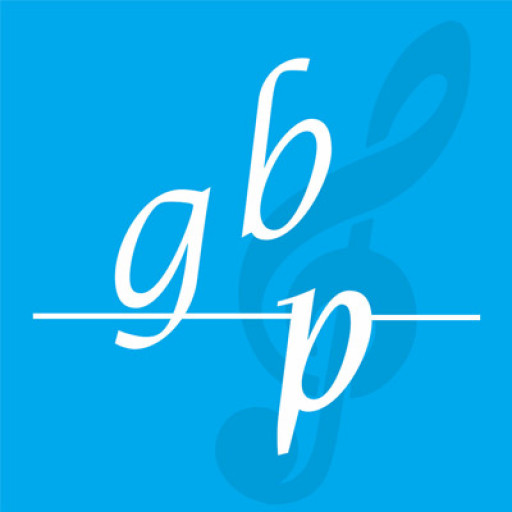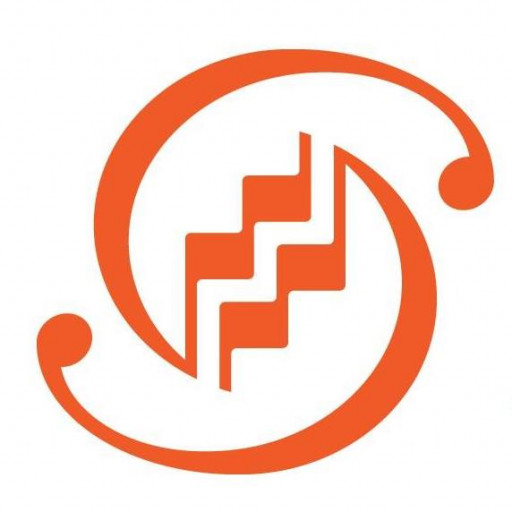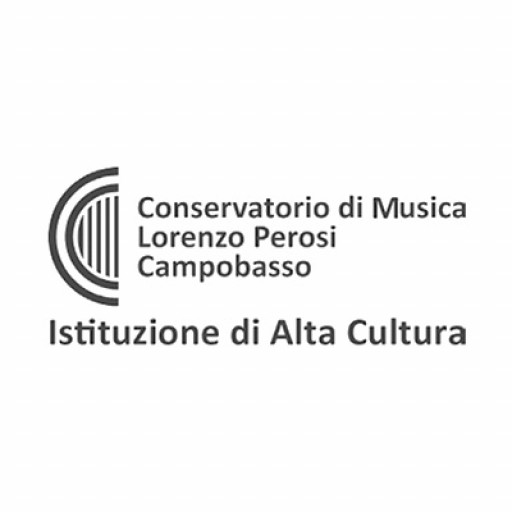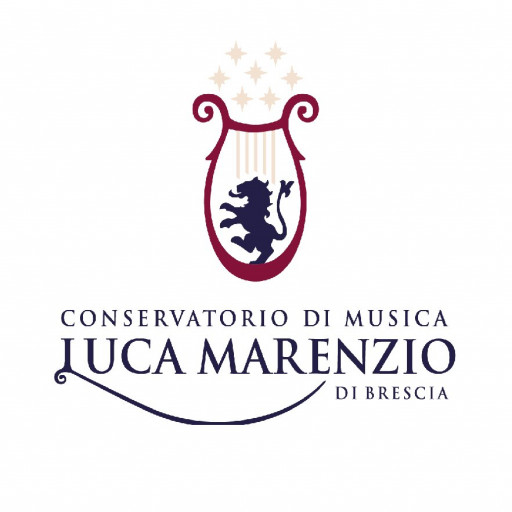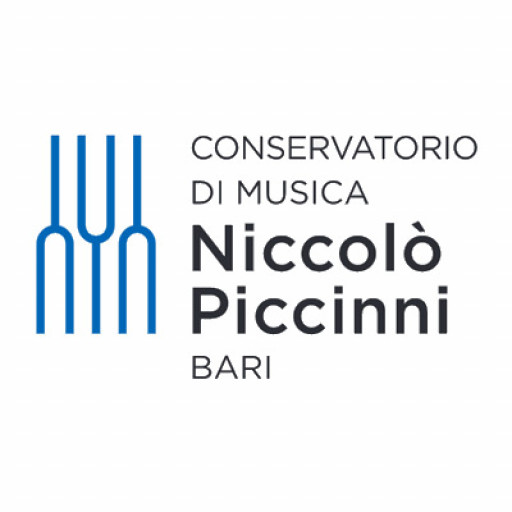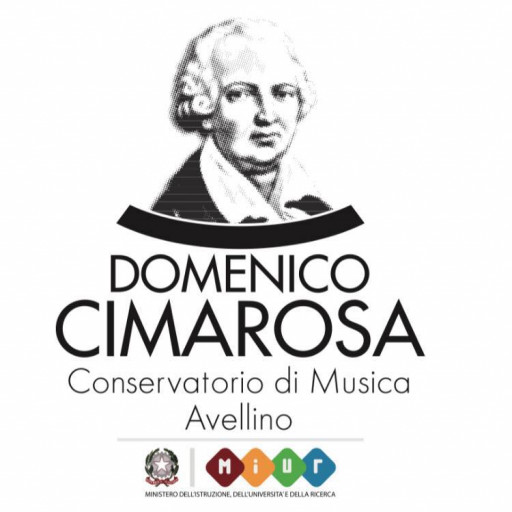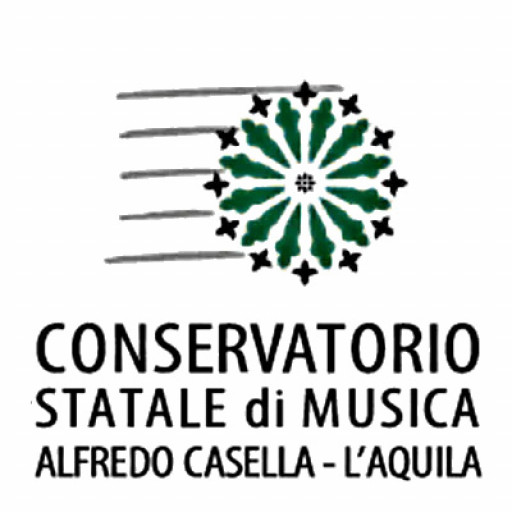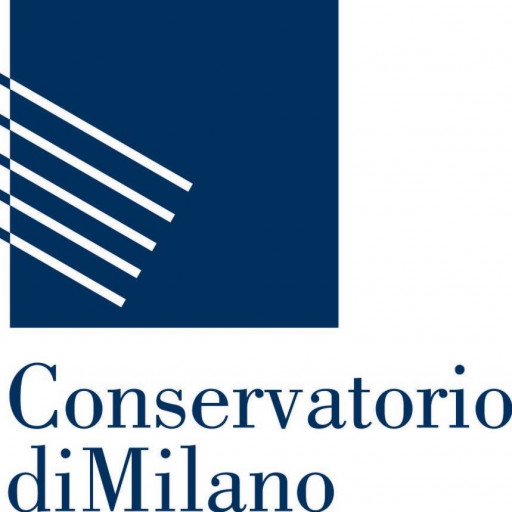The Bachelor of Music at the University of Canterbury is a comprehensive and immersive program designed to foster the development of skilled, versatile, and innovative musicians. This degree offers students the opportunity to explore a wide range of musical disciplines, including performance, composition, musicology, and music technology, within a supportive and dynamic academic environment. The program combines rigorous theoretical instruction with practical training, enabling students to cultivate their technical abilities, expressive capabilities, and critical thinking skills. Students can choose from various specializations, such as instrumental performance, vocal performance, or composition, tailored to their individual interests and career aspirations. The curriculum includes core modules that cover music theory, history, and analysis, alongside practical coursework in ensemble playing, solo performance, and studio work. Additionally, students benefit from access to state-of-the-art facilities and performance venues, fostering live performance experience and collaborative projects. The program emphasizes the importance of musical innovation and encourages students to develop their own unique artistic voice. Opportunities for internships, masterclasses, and performances both within the university and in the wider community are integral to the degree, providing real-world experience and professional networking opportunities. The Bachelor of Music at the University of Canterbury aims to prepare graduates for diverse careers in the music industry, including performance, teaching, composition, music production, and arts administration. With a focus on both academic excellence and creative exploration, this program equips students with the skills, knowledge, and confidence needed to thrive as musical professionals in an increasingly global and digital world.
The Bachelor of Music requires a total of 360 points:
- about 75% must be in Music courses, including compulsory courses at 100 and 200-level
- in the first year you must take four compulsory courses (60 points) as well as courses towards your chosen major
- a minimum of 60 points must be from 300-level Music courses.
Students have considerable flexibility in choosing their courses in the second and third years of the MusB degree.
Admission to UC with University Entrance, or equivalent, is required to enrol for a Bachelor's degree. Domestic applicants over 20 who do not hold University Entrance, or equivalent, may gain admission by providing evidence of their ability to complete tertiary study successfully. For information on gaining admission to UC please see how to apply for undergraduate qualifications. Some courses have specfic entry requirements – please see below.
You are also required to meet UC’s English language requirements.
Specific entry requirements
It is strongly recommended that you have NCEA Level 2 or 3 music, or the equivalent of these.
Performance courses
Entry to the Performance courses (instrument or voice) is limited. Places are awarded on the basis of a School of Music audition. Apply for the 2017 Performance courses as soon as possible (no later than 21 October 2016).
Composition or songwriting courses
If you intend to study composition or songwriting courses in the Bachelor of Music, you will need to have good musical literacy and notational skills. Some previous experience in the writing and performance of your own music is recommended.
Submission of a portfolio is required for MUSA120 Song Writing 1 and MUSA121 Notated Composition 1A and should be made to the School of Music by 4 November 2016 for 2017 entry.
The University of Canterbury offers various funding options for students enrolled in their Music degree programmes. Domestic students can access government loans and allowances, such as Student Loan and Allowance schemes, which help cover tuition fees, living costs, and other educational expenses. International students are often required to secure their own funding, though some scholarships may be available based on academic merit, leadership potential, or financial need. The university provides a range of scholarships specifically for music students, including the Music Performance Scholarships, which support talented musicians to pursue their studies. These scholarships are highly competitive and may cover partial or full tuition fees, as well as provide other financial assistance. Additionally, students can explore external funding opportunities such as national arts councils, private trusts, and international scholarships that support study in New Zealand. Work-study programmes may be available, allowing students to gain practical experience while earning income to support their studies. The university’s financial aid office offers guidance on applying for various funding sources, and students are encouraged to start their applications early to meet deadlines. It is also recommended that students create a detailed budget plan to manage their expenses effectively throughout their studies. Some music students may also benefit from grants for specific projects, research, or arts initiatives. Overall, financial support options are designed to make music education accessible and affordable, enabling students to focus on developing their skills and pursuing their passion for music.
Career opportunities
Music graduates are found in a wide range of occupations including positions in orchestras, choirs, opera houses, conservatories, universities, schools, and other education contexts. They are prominent in areas of musical leadership.
Those who wish to work in education find that the inclusion of some music in their degree can be beneficial.
UC Music graduates also work in fields such as journalism, television and radio (planning as well as production), publishing, and in technical areas such as recording, computer instruments, sound engineering and music technology.
People with musical talent are sought after by festival organisers and arts organisations.



